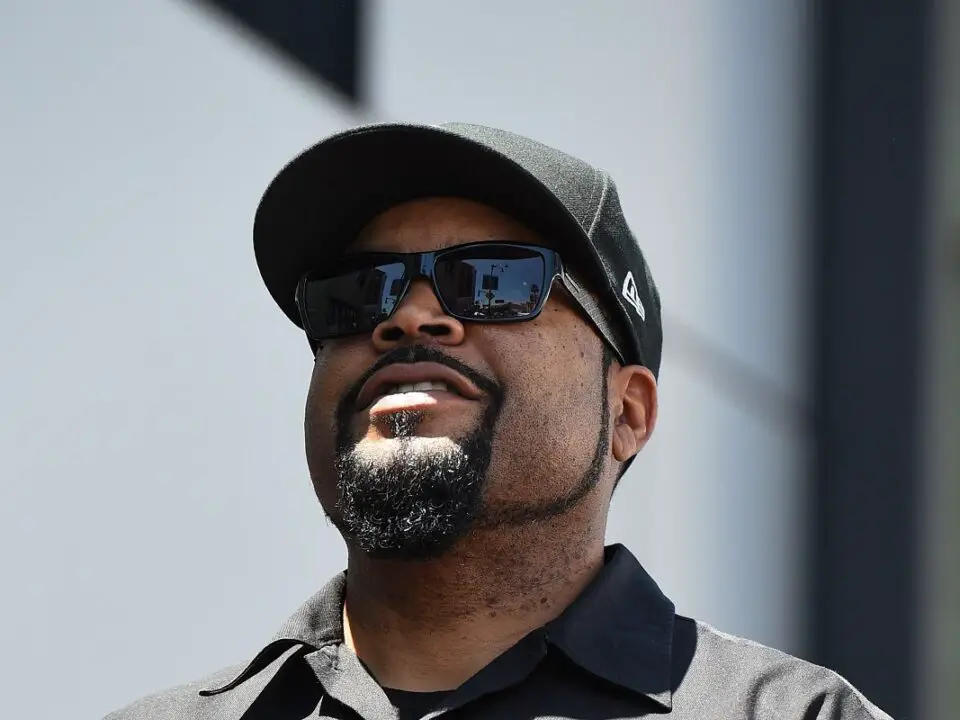Ice Cube has invoked a particular conspiracy theory that’s been threaded throughout the rap industry for years. He asserts the entertainment industry and prison industrial complex are working in cahoots to funnel Black and brown youth into the jail system through rap music.
In an interview with Bill Maher for his Club Random Podcast, the man behind songs like “F##k the Police” and “Gangsta, Gangsta” asked, “Who benefits and profits off our bickering and our division?”
He continued, “Like follow the money. I don’t know their names, but if you go high enough you begin to see this is an industry …lLet’s take rap music. [The] same people who own the labels own the prisons. It seems really kind of suspicious—if you want to say that word—that the records that come out are really geared to push people toward their prison industry.”
Maher was quick to rebuttal with a pushback, stating that no one is making rappers write the lyrics that they scribe.
“It’s not about making somebody write the lyrics,” he said. “It’s about being near as guardrails to make sure certain songs make it through and certain songs don’t. Certain flavors are exposed on the record. Some records are made by committee. Meaning record company guys sit around and tell the artists ‘This is hot, say that. Do this, we gonna have this guy write lyrics.’”
He continued, “So the narrative is really kind of structured and really made into what the record company wants the record to be.”
Ice Cube then surmised that not only are a lot of artists frustrated by this, but that it’s also a form of social engineering. Of course, not everyone believes the Big 3 owner’s assertions.
Gigafact.org released a statement about this conspiracy:
“Allegations of ties between private-prison operators and the music business have been circulating on blogs and social media since 2012, but these have never been substantiated.
Proponents of the claim have pointed to two asset management companies, BlackRock and Vanguard Group, that invest in both industries. CNN notes that BlackRock has shares in 97.5% of the 500 most valuable companies. Given the vast scope of both groups’ holdings, the mere ownership of two otherwise unrelated stocks is insufficient to prove any connection.”
